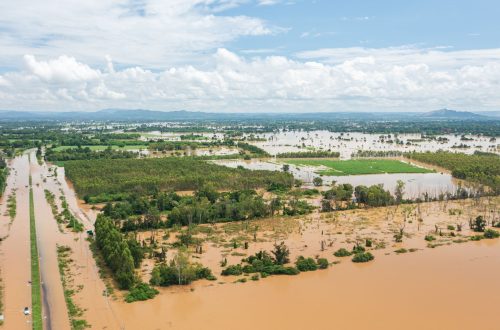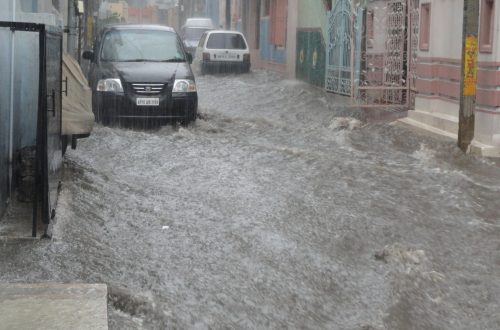-
Is “longtermism” the cure or the sickness?
This article was first published by ABC Religion and Ethics here. Central to my work in recent years has been an anguished concern that our species and our political and economic systems are dangerously short-termist. I contend that we need to become long-termist. We need to practice precaution, looking before we leap. We need to plan for the seventh — and, indeed, the seven-hundred-and-seventy-seventh — generation. And so we need to overcome the tendencies of politicians to look no further than the next election (or even the next news cycle), of companies to look no further than the next quarterly report, and increasingly of Stock Market investors to look no…
-
How to save the Precautionary Principle: Some thoughts for Lords and Ladies
Introduction What is the Precautionary Principle [PP]? The PP aims to ensure a high level of environmental protection through preventative decision-taking in the case of risk and particularly of uncertainty. It is applied in circumstances where there are reasonable grounds for concern that an activity could cause harm, but where there is uncertainty about the probability of the risk and the degree of harm and some gaps in the information currently available. The PP is a vital tool for defending humanity against itself, a way of having the humility of recognizing that we are living in a world that we will never fully understand, let alone control. The PP has…
-
The Precautionary Principle: the basis of a post-GMO ethic
A swathe of Ecologist articles have recently considered various different aspects of the case against GM crops. The purpose of the current article is slightly different. It is to take a step back, and think through systematically the reasons why GM crops are (and will for the foreseeable future probably remain) wrong. From the point of view that is increasingly, I believe, becoming understood as the ethical basis for such reasoning: that of the Precautionary Principle. GMOs have unknown tail risks, that is, unknown potential risks of ruin that they harbour as possibilities. No rigorous risk analysis has been done, with regard to these. Nor has any analysis been done…
-
APPG briefing on the Precautionary Principle and animal welfare
In March 2018 I delivered two briefings to the APPG on Agreocology for Sustainable Food and Farming. The below document is the briefing on the importance of maintaining the Precautionary Principle for animal welfare, after the UK leaves the European Union. The other briefing was on climate change.
-
APPG briefing on the Precautionary Principle and climate change
In March 2018 I delivered two briefings to the APPG on Agreocology for Sustainable Food and Farming. The below document is the briefing on the importance of maintaining the Precautionary Principle for Climate Change, after the UK leaves the European Union. The other briefing was on animal welfare.
-
Understanding, safeguarding and strengthening the Precautionary Principle, in the context of the Brexit negotiations
-
How should regulators deal with uncertainty? Insights from the Precautionary Principle
One September morning, the Lord Mayor of London was called to inspect a fire that had recently started in the City. Believing that it posed little threat, he refused to permit the demolition of nearby houses, probably due to the expense of compensating the owners. The fire spread and ultimately destroyed most of the city. The Great Fire of London had begun. Only when the fire became too extensive to be readily halted did the full extent of the danger become evident. Financial regulators today face a similar challenge preventing financial crises- action causes significant costs to some but the consequences of inaction are much more uncertain. To combat this,…
-
Are some risks just too big too take?
What is the Precautionary Principle? The Precautionary Principle states that where any action has the potential to cause widespread harm, the burden of proof concerning the absence of harm falls on those advocating the action. While often exercised in the areas of science and technology – particularly those, like genetic engineering and climate science, which have an innate potential for catastrophe – it can also be applied to financial regulation, public health and the highest levels of government policy. Together with Dr Nassim Nicholas Taleb, Distinguished Professor of Risk Engineering at the New York University Tandon School of Engineering, and others, Dr Read has developed the Precautionary Principle into something…
-
The one video to watch on climate, if you have just three minutes
This video is a collaborative project between me and Greg Craven, creator of The Most Terrifying Video You’ll Ever See.
-
The Precautionary Principle
A video explaining the Precautionary Principle, produced by Samuel Webb (producer) and Maren Albrigtsen (production assistant and voice artist).



















